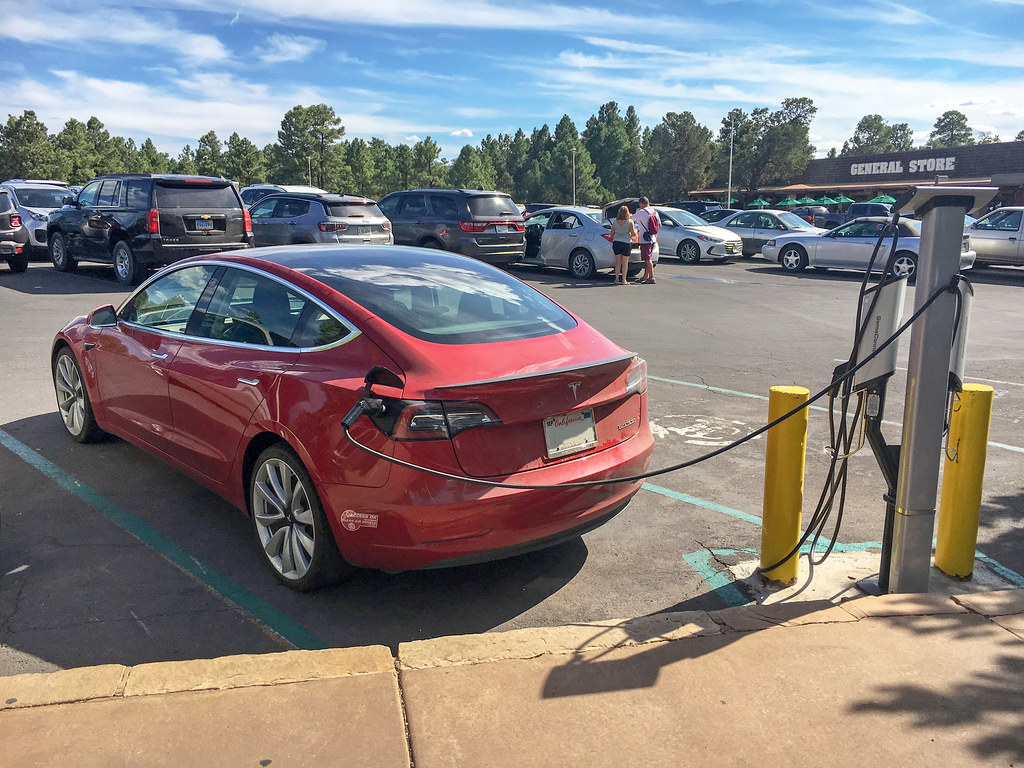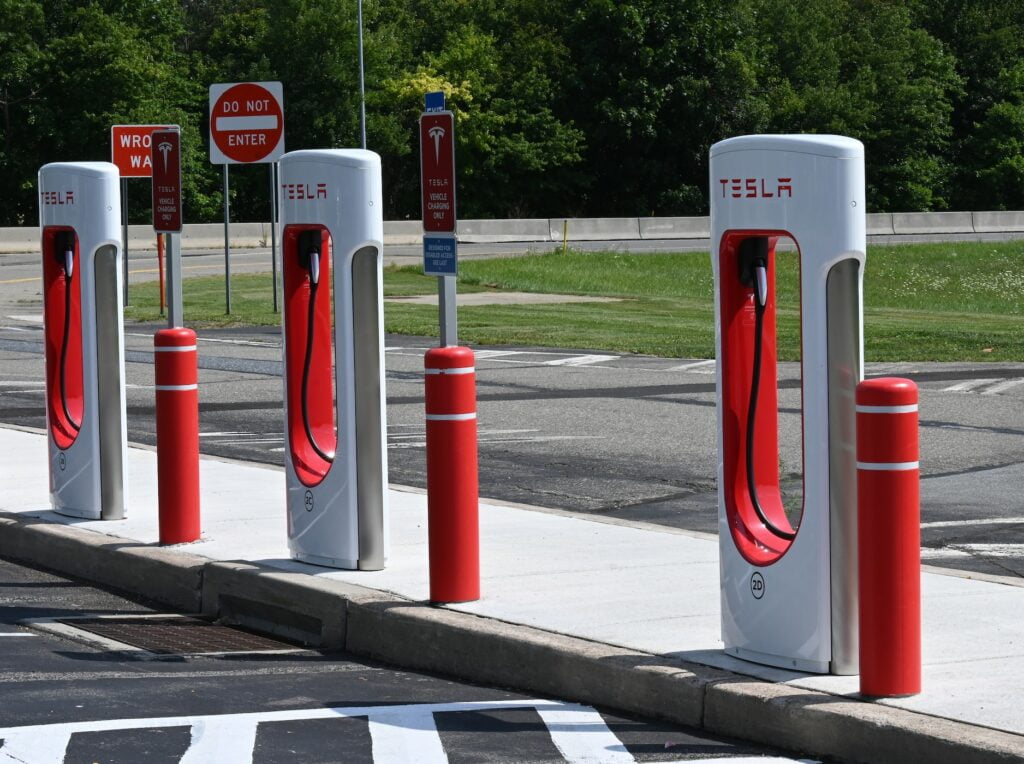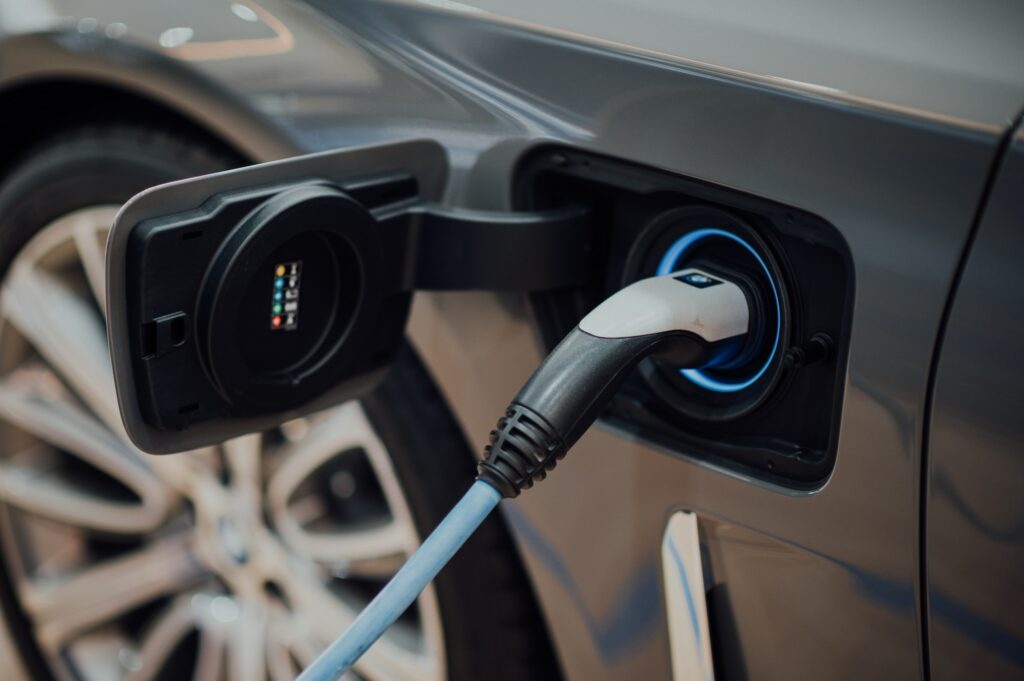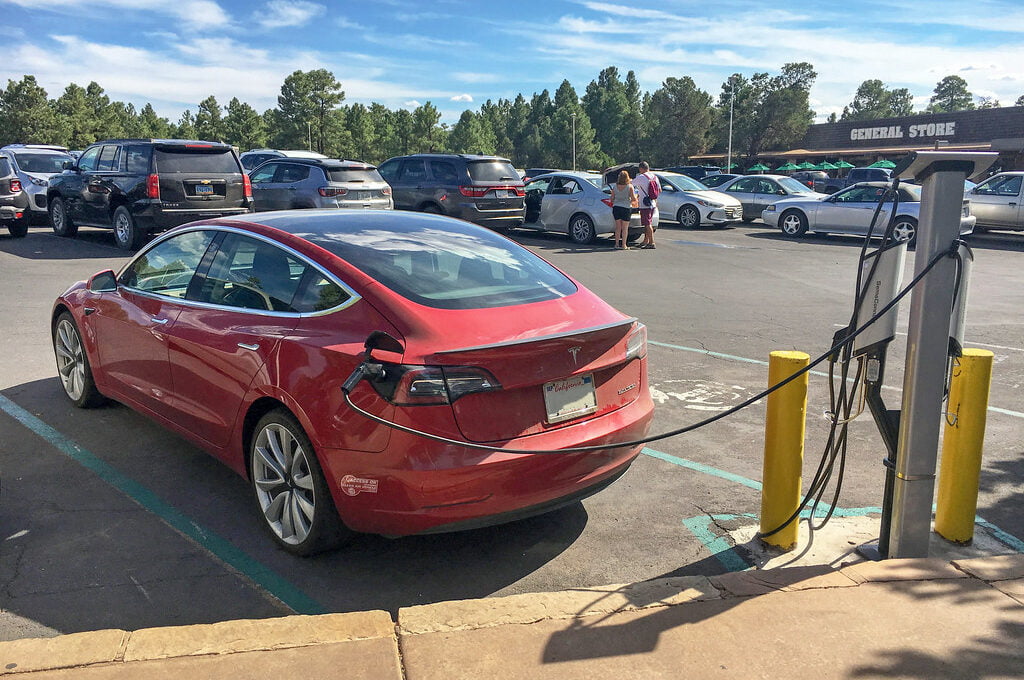Electric vehicles (EVs) are rapidly gaining popularity as a cleaner and more sustainable alternative to conventional gasoline-powered vehicles. As EV technology advances and becomes more accessible, many consumers are switching to electric transportation. In this article, we will discuss the pros and cons of going green on the road with electric vehicles, helping you decide whether an EV is right for you.

Pros of Electric Vehicles
Lower Emissions
One of the most significant benefits of electric vehicles is their potential to reduce greenhouse gas emissions. EVs produce zero tailpipe emissions, meaning they do not emit harmful pollutants like carbon dioxide, nitrogen oxides, and particulate matter that contribute to climate change and air pollution. When powered by renewable energy sources like solar or wind, EVs can be nearly carbon-neutral, greatly reducing their environmental impact.
Lower Operating Costs
Electric vehicles are generally cheaper than gasoline-powered ones, as electricity is often less expensive than gasoline per mile. Additionally, EVs have fewer moving parts, which means they require less maintenance and experience fewer mechanical issues. Maintenance such as oil changes, transmission services, and exhaust system repairs are virtually eliminated in EVs, saving owners time and money.
Improved Performance
Electric vehicles offer smooth, quiet, and responsive performance, as electric motors provide instant torque and acceleration. Many EVs also have a lower center of gravity due to the placement of the battery pack, which can improve handling and stability. These factors combine to create a driving experience that is often more enjoyable and engaging than that of traditional gasoline-powered vehicles.
Government Incentives
To encourage the adoption of electric vehicles, many governments worldwide offer financial incentives such as tax credits, rebates, and reduced registration fees. These incentives can significantly lower the upfront cost of EV purchasing, making them more accessible and affordable for consumers.
Growing Charging Infrastructure
As the popularity of electric vehicles continues to grow, the availability and accessibility of charging infrastructure are also improving. Public charging stations are becoming more widespread, and many employers, retailers, and other businesses are installing charging infrastructure to accommodate the increasing demand.

Cons of Electric Vehicles
Higher Upfront Costs
While electric vehicles have lower operating costs but generally have higher upfront costs than conventional gasoline-powered vehicles. This is primarily due to the cost of the battery packs used in EVs. However, as battery technology continues to advance and economies of scale improve, it is expected that the upfront cost of electric vehicles will decrease over time.
Limited Range and Charging Time
One of the main concerns for potential EV buyers is the range anxiety associated with electric vehicles. While the range of many modern EVs is more than sufficient for most daily commutes, long road trips can be more challenging due to the limited range and the need to plan for charging stops. Additionally, charging an electric vehicle can take significantly longer than refueling a gasoline-powered vehicle, though fast-charging stations are becoming more widespread and can significantly reduce charging times.
Impact on the Electric Grid
The widespread adoption of electric vehicles could strain local and national electric grids, particularly during peak demand periods. This could lead to the need for upgrades and improvements to the existing grid infrastructure to accommodate the increased demand for electricity. Additionally, if the electricity used to charge EVs comes from fossil fuel-powered plants, the environmental benefits of electric vehicles may be diminished.
Limited Model Availability
While the number of electric vehicle models on the market grows, there is still limited variety compared to traditional gasoline-powered vehicles. This can make it
difficult for consumers to find an electric vehicle that meets their needs and preferences. However, as EV technology continues to advance and more automakers invest in electric vehicle development, it is expected that the range of available models will continue to expand, offering consumers more choices.
Battery Degradation and Replacement Costs
Over time, the performance of electric vehicle batteries may degrade, resulting in reduced range and efficiency. While most modern EVs come with extensive battery warranties, the cost of replacing a battery pack can be substantial. Advances in battery technology are expected to improve battery life and reduce degradation, but this remains a concern for some potential EV buyers.

Wrapping Up
Electric vehicles offer significant benefits, including lower emissions, reduced operating costs, and improved performance. However, they also come with certain drawbacks, such as higher upfront costs, limited range, and concerns about battery degradation. When considering whether an electric vehicle is right for you, weigh the pros and cons and determine if the benefits of going green on the road outweigh the potential challenges.
As electric vehicle technology continues to advance and become more affordable, it is expected that many of the current drawbacks will be addressed, making EVs an increasingly viable and attractive option for consumers. In the meantime, those considering an electric vehicle should research available models, charging infrastructure, and government incentives to decide whether an EV is the right choice for their transportation needs.



